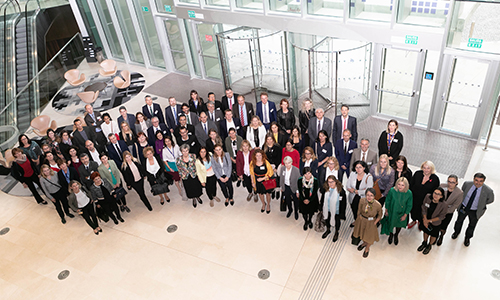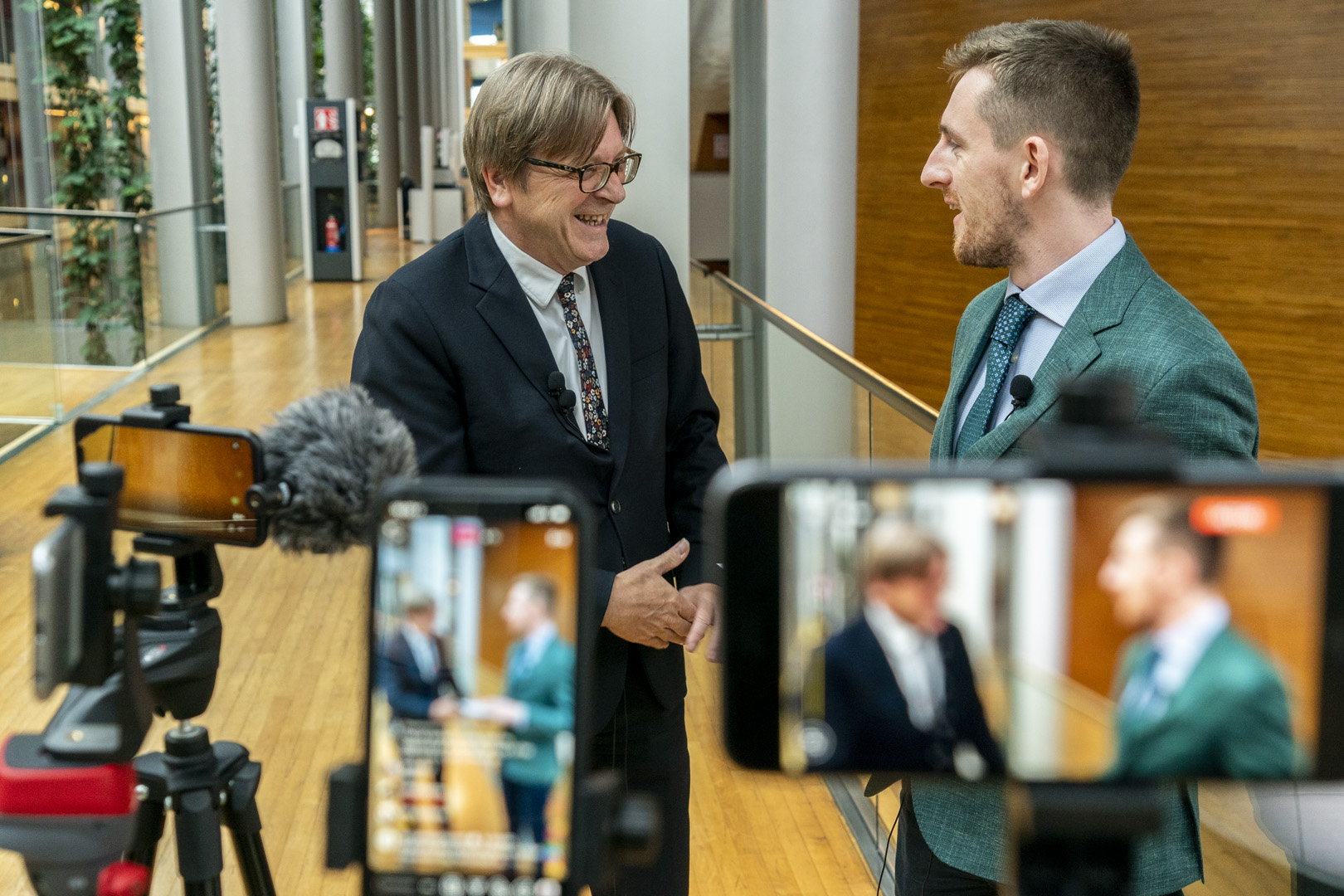Article – Debate: MEPs call for measures against Turkey following military operation in Syria

On 9 October Turkey launched a military operation in north-eastern Syria in order to create a buffer zone between the two countries where Syrian refugees living in Turkey could be moved to.
The move in the predominately Kurdish region was swiftly condemned by other countries for causing multiple deaths and the displacement of thousands of citizens as well as destabilising an already volatile part of the world.
During the debate in plenary on Wednesday, speakers also criticised Turkey for launching the operation, which could have many consequences.
Anna Fotyga (ECR, Poland) said: “While Turkey has legitimate security concerns, I expect the country to act with restraint.” “We have to find adequate tools to stabilise region and influence activities to ease the tension,” she added.
Germany’s Özlem Demirel (GUE/NGL) said: “The incursion of the Turkish army should be condemned unequivocally. No country can simply march into another country.” However, she added: “All world powers, including the EU, simply look to their own geopolitical and economic interests while international law was broken and war crimes were committed.”
Christos Stylianides, the European Commissioner for Humanitarian Aid and Crisis Management, said: “There can be no excuse for the civilian deaths, damage to civilian infrastructure, absent of protection of people and those who are there to help them. I’m particularly concerned about the horrific situation faced by healthcare providers.”
Tytti Tuppurainen, on behalf of the Finnish Presidency of the Council, said: “Turkey has made tremendous efforts in hosting several million refugees for many years – there is no doubt about that. Yet, Turkey’s military action is only making an already highly complex situation in the region even more difficult to resolve.” She added this is why EU leaders condemned Turkish incursion and decided to halt arms export licencing to Turkey.
Malik Azmani (Renew, Netherlands) said that the EU response has not been strong enough despite previous efforts to end violence. “Let us combine our strengths, show unity and bring an end to the violence now. We owe it to the people in the region and our European citizens. Please Commission, get off the sideline and act.”
Measures
Many of the other MEPs also called for measures against Turkey. Michael Gahler (EPP, Germany) reminded that the Parliament had called for the suspension of accession talks with Turkey already in March, but said further measures were needed: “We would like the Council to reflect on appropriate targeted economic measures that do not affect the civilian population.” Gahler added that as a final resort the customs union could be suspended.
Tineke Strik (Greens/EFA, Netherlands) said: “The Greens call upon the EU to take up the role as a proactive actor, to force Erdogan to withdraw its troops and refrain from deporting Syrian refugees back to Syria, by placing targeted sanctions on Turkish government officials, imposing a full arms embargo and by working on suspension of the trade agreement.”
Kurds
Members also called attention to the situation of the Kurds who played a crucial role in defeating Islamic State, the terrorist organisation also known as Isis or IS. S&D’s Kati Piri (Netherlands) said: “Beyond any legal and political consideration, I wish to underline that abandoning all those who suffered from Isis and who fought against Isis, making the ultimate sacrifice for our own security, is not and should never be an option.”
Lars Patrick Berg (ID, Germany) said: “Hundreds of people have been killed. The Kurdish people were betrayed. After the Kurds fought the IS for us, we left the Kurds to their own devices.” He added: “It’s clear that Turkey’s behaviour is contrary to peace and the rule of law. It’s weakening us all.”



